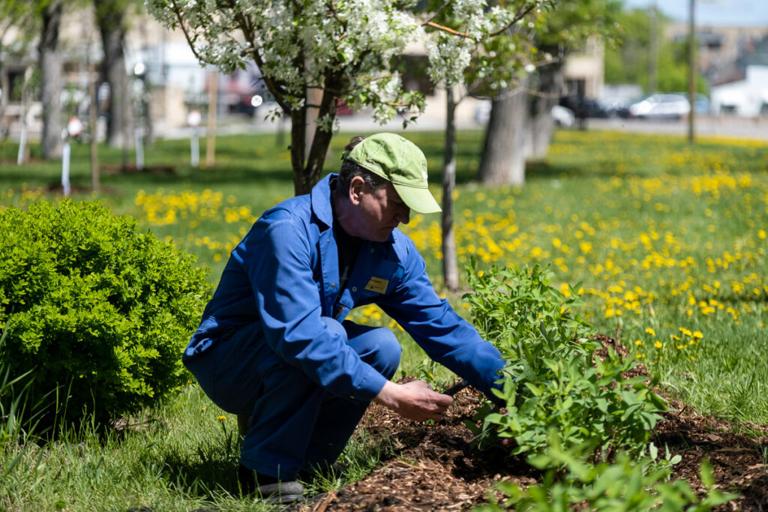Community Garden Revival Brings New Energy to Winnipeg Neighborhood
A once-neglected green space in central Winnipeg is experiencing a fresh wave of activity as local volunteers restore plots, introduce workshops, and encourage families to take part in new seasonal planting efforts.
By Noah Thompson · November 10, 2025 05:46

Winnipeg’s West End has seen a wave of renewed enthusiasm as volunteers come together to restore a long-neglected community garden that once served as a gathering place for residents. Weeds and debris had overtaken several planting beds over the years, but a coordinated effort between neighbourhood groups and local environmental organizations has sparked a revival aimed at bringing people back outdoors. The project has already drawn interest from families eager to reconnect with shared green spaces and participate in seasonal activities that strengthen community ties.
The initiative began when a small group of residents noticed the declining condition of the garden during their regular walks through the neighbourhood. Rather than allowing the space to fall further into disrepair, they reached out to local advocacy groups to explore funding opportunities and gather support. Soon after, volunteers began clearing brush, rebuilding wooden frames, and preparing soil beds for planting. Their efforts quickly gained traction as more community members joined in, each contributing skills ranging from carpentry to horticulture.
Workshops have been introduced to teach basic gardening skills, composting, and sustainable growing techniques. These learning sessions offer residents a chance to gain hands-on experience while fostering environmental awareness among younger participants. Organizers hope that by creating accessible educational opportunities, more people will feel empowered to use the garden not only for personal projects but also as a collaborative space that benefits the entire neighbourhood.
As the project expanded, local businesses stepped in to donate materials such as tools, soil, and seeds. Some restaurants have even expressed interest in sourcing herbs and produce from the garden once it becomes fully operational. This collaboration between residents and local enterprises reflects a broader trend in Winnipeg toward strengthening community-based food initiatives, which emphasize sustainability, affordability, and a reduced environmental footprint.
Residents have also proposed transforming a small section of the garden into a pollinator-friendly zone designed to attract bees, butterflies, and other beneficial insects. Volunteers plan to plant milkweed, coneflowers, and native grasses that will help restore local biodiversity. Experts from nearby conservation groups have offered guidance to ensure the habitat is created in ways that support long-term ecological health while remaining accessible for educational tours.
Weather conditions have posed some challenges, particularly during early cleanup efforts when spring storms made progress difficult. However, organizers say the determination of participants kept the project moving forward. Many volunteers continued showing up despite unpredictable temperatures, demonstrating the level of commitment the neighbourhood feels toward reclaiming the space as a symbol of resilience and collaboration.
As part of future plans, community leaders hope to introduce regular seasonal events such as harvest festivals, children’s planting days, and outdoor workshops that focus on wellness and mindfulness. These programs are intended to celebrate the garden’s restored vibrancy while encouraging residents to build lasting connections through shared experiences.
With momentum continuing to grow, those involved say the revived garden represents more than just a beautification project. It has become a focal point for community pride and a reminder of how collective action can transform neglected spaces into thriving public assets. As planting season approaches, residents are optimistic that the garden will once again flourish as a welcoming place for learning, gathering, and strengthening local identity.